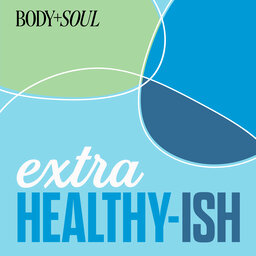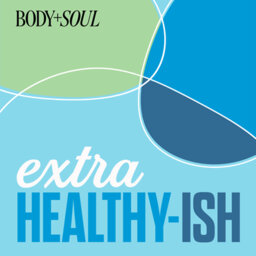Summer series: Self-pleasure & outercourse for better sex
To celebrate summer, we’re dropping our top Extra Healthy-ish episodes in 2024. Somatic sexologist Alice Childs discussed how to invite more pleasure into your life, the importance of self-discovery for a better sex life, and how to put aside the mental load and focus on you.
WANT MORE FROM ALICE?
Find her @alicechildofficial or see her site here. You can read the B+S online story about relationship sabbaticals here.
WANT MORE BODY + SOUL?
Online: Head to bodyandsoul.com.au for your daily digital dose of health and wellness.
On social: Via Instagram at @bodyandsoul_au or Facebook or TikTok here, or DM host Felicity Harley @felicityharley.
In 1 playlist(s)
Extra Healthy-ish
Extra Healthy-ish is the big sister podcast to Healthy-ish. Here you'll get extra bits from your fav…Social links
Follow podcast
Recent clips

Summer series: Athlete Bonnie Hancock was to pushed her limits, her grit is inspiring
17:51

Summer series: Lorna Jane's life lessons are utterly inspiring
19:19

Summer series: In the jungle, naked for 21 days - Alexa Towersey’s mental strength is inspiring
19:33
 Extra Healthy-ish
Extra Healthy-ish